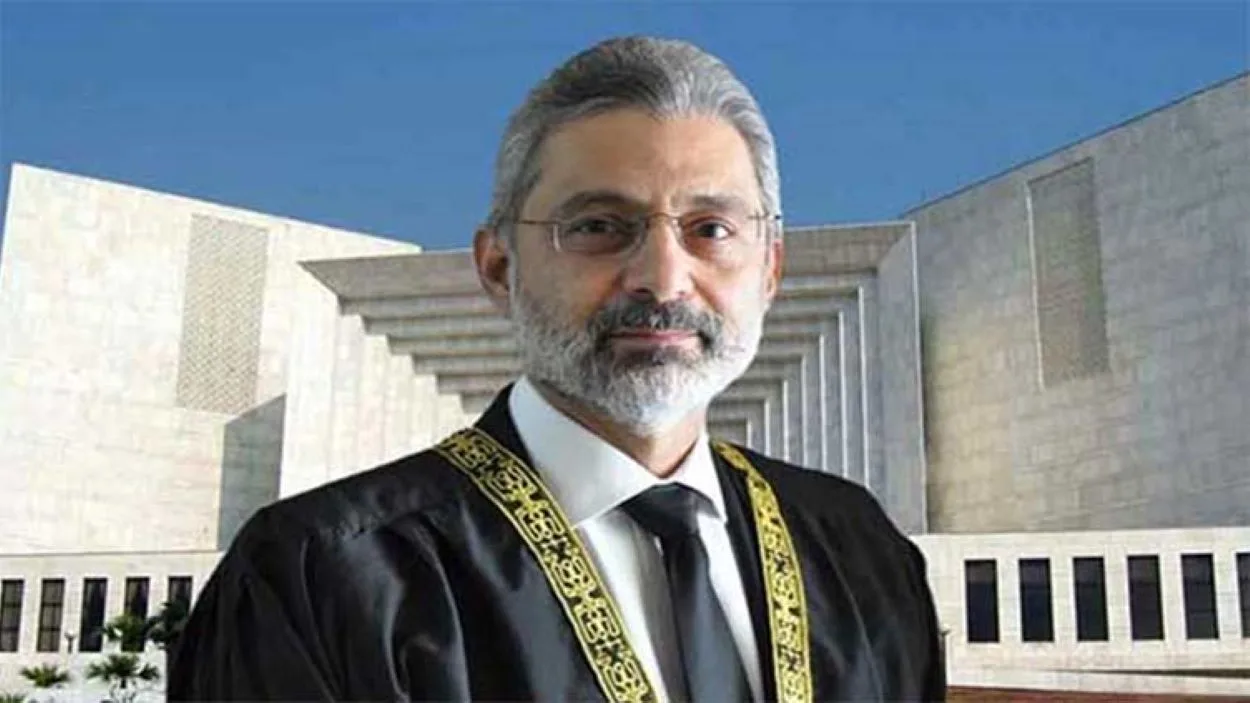The Supreme Court of Pakistan’s full bench holds the Supreme Court (Practice and Procedure) Act hearing today under the guidance of the newly appointed Chief Justice of Pakistan (CJP), Qazi Faez Isa.
The full court, consisting of a 15-member bench, is set to deliberate on the Supreme Court (Practice and Procedure) Act. The hearing will start today (Monday) at 9:30 a.m., as indicated by the schedule released by the SC’s registrar’s office.
In a significant update, the full court proceedings will be telecast live, with the necessary preparations being undertaken by the information ministry to facilitate this live broadcast.
Before this, an 8-member bench, led by the former chief justice Umar Ata Bandial, had heard petitions which questioned the legality of the law, which was perceived as a measure to limit the suo moto powers of the chief judge of the supreme court. The bench included Justice Ijazul Ahsan, Justice Munib Akhtar, and other esteemed members.
During a hearing in June, there was a discussion involving the Attorney General for Pakistan (AGP), Mansoor Usman Awan, regarding the potential alignment of the Supreme Court (Review of Judgments and Orders) Act 2023 with the SC Practice and Procedure Act. At that time, the AGP had communicated that swift legislative actions on these acts were hindered by the upcoming budget session scheduled for June 9, thus postponing the hearing to September 18.
PTI’s Stand and the Controversial Bill
Pakistan Tehreek-e-Insaf (PTI) has been vocal about their reservations regarding the Act, requesting the Supreme Court to identify it as ultra vires to the Constitution. Through their representative, Uzair Karamat Bhandari, the party has urged the court to nullify several sections of the Act that infringe on the judiciary’s independence, a fundamental feature safeguarded by the Constitution.
Furthermore, PTI contends that this Act contradicts the established interpretations of multiple constitutional provisions previously upheld by the Supreme Court.
This contentious bill, which seeks to govern the powers of the CJP, received approval from the parliament in a joint session held on April 10. Though it was later recognized as an act by the National Assembly on April 21, the bill faced legal challenges in the Supreme Court even before its enactment. Following a restraining order issued on April 13, the concerned bench restrained any further actions based on this bill, emphasizing the unprecedented nature of the presented facts and their consequential implications.






